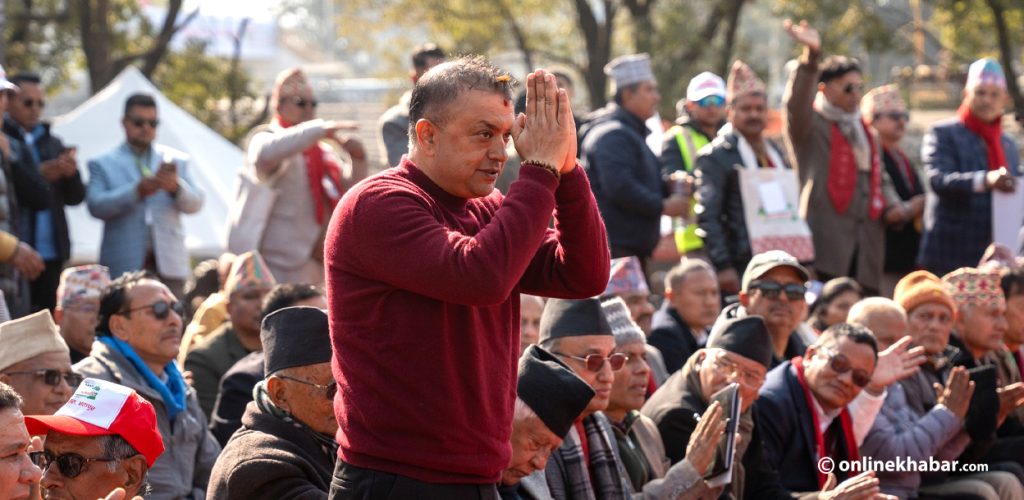For last few weeks, opinion writes in major broadsheets published from Kathmandu have zeroed in on various political issues and activities of political parties in the run-up to upcoming provincial and federal parliamentary elections. Today also, most of the opinion articles discuss various dimensions of recent political developments and their implications for the future. Likewise, some writers have also extended suggestions on how the parties should move ahead in so as to support national development.
Election campaigns, transparency and good political conduct

Gokarna Aryal in his article for Gorkhapatra writes that political parties and their candidates should make their election campaigns transparent in the run-up to elections. Whereas comments that electioneering is becoming more expensive everyday are everywhere, the Election Commission has also increased the ceiling of electioneering cost for upcoming polls that a first-past-the-post candidate for the House of Representatives can spend upto Rs 2.5 million and an FPTP candidate for the Provincial Assembly can spend upto Rs 1.5 million. The proportional representation candidates can spend upto Rs 200,000 and Rs 150,000 respectively.
In this context, Aryal writes, “The parties should be prepared to contest the polls within the ceiling set by the Commission. Making excessive expenditures promotes corruption and makes it difficult for honest and loyal persons to practice politics.”
According to him, transparency in poll campaigns is a must as “purity in politics can stop corruption and irregularity in the society. If those in leadership indulge in misconducts and irregularities, attempts to promote good governance and development will turn fruitless.”
Meanwhile, former minister Ramesh Nath Pandey in his lead article for Kantipur also stresses the need of good political conduct in political parties and its leaders. Pandey says some political parties are talking about changing the governance system into the directly elected presidential one, but it is not necessary. He writes, “Today’s need is not the plastic surgery of democracy, but the leadership with a good political conduct.”
Pandey, who served as the Minister for Foreign Affairs for many a times, argues that only the leadership with a good political conduct can only save the country from tussles between two giant neighbours—India and China. Otherwise, recent polarisation between communist and non-communist forces would put Nepal at stake amidst a cold war between the neighbours.
Why should Congress be the biggest party again?

Nepali Congress leader and former minister Deepak Khadka writes in Nagarik that his party should emerge as the biggest political force of the country again because only this party can provide the country a strong and effective leadership for aggressive economic development. Khadka in his article argues that the party has worked a lot to establish peace and republicanism in the country; and it was the leading force in promulgation of the constitution and organising local level elections. “But, we were left behind because we could not promote them in the market.”
Khadka also claims that it is the Congress, not the UML, which is the patriotic force of the country.
Against executive presidential system

In Republica‘s lead opinion article for the day, Bishal Thapa argues that an executive presidential system would be detrimental to Nepal’s socio-economic progress and a threat to democracy.
Whereas the impeding leftist alliance reportedly wants to amend the constitution to establish the directly elected executive presidential system, Thapa argues that the system will be against the principles of power separation and check and balance, especially in a country like Nepal where democracy is very young.
Instead, he argues that the current parliamentary system should be improved and strengthened. He writes, “The system faces many challenges. But, it has not failed. It is being discredicted, more intentionally than accidentally. The system does not actually have to fail; it simply needs to be perceived to have failed.”























